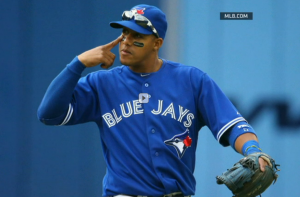Spirituality by way of Dustin Hoffman and TOOTSIE
In this American Film Institute Archive clip, Dustin Hoffman recalls the process of developing the external appearance of Dorothy Michaels for Tootsie (1982) and the concatenating effects of realizing his internal sense of self did not match the external reality of what even the studio’s elite hair and makeup teams could provide.
This clip points to several different personal and cultural questions I seek to explore in The Skin I’m In. We all likely agree at this point that judgments of beauty, femininity, or masculinity are not absolutes but rather culturally constructed. But it is one thing to know this intellectually and quite another to a) feel at peace with these metrics or b) to transcend their use as the driving measures of self or others.
If self is not to be fully found in our tyrannical minds or our ephemeral bodies, then where does it reside? Explorers of nonduality would say this question is itself a trap, as it remythologizes the existence of a singular, finite, knowable self.
Making this film and dividing my identity into multiple personas, each just as real and just as “me” as the next, has certainly helped me to understand the ways in which each of us restricts and binds ourselves through personal and cultural narratives.
But on the flip side, once we see that none of our experiences, diagnoses, personalities, hopes, resentments, possessions, and appearances can fully describe “self,” but rather serve as nodes or mapping points for the experience of consciousness, we begin to glimpse the infinite possibilities for adventure, experimentation, and play in life.
It is this sense of freedom that I think many of us are pointing to via the (albeit feeble) term “spirit”–a realm I held at arm’s length for some thirty years because “spirituality” seemed fettered to religion and dogma, not a path to possibility and play.
‘Tis true that a good play needs no epilogue, but it seems fitting to close a post on gender, performance, and identity with some Shakesepare:
All the world’s a stage,
And all the men and women merely players:
They have their exits and their entrances;
And one man in his time plays many parts…
–Jaques from Shakesepare’s As You Like It (Act II Scene 7)


